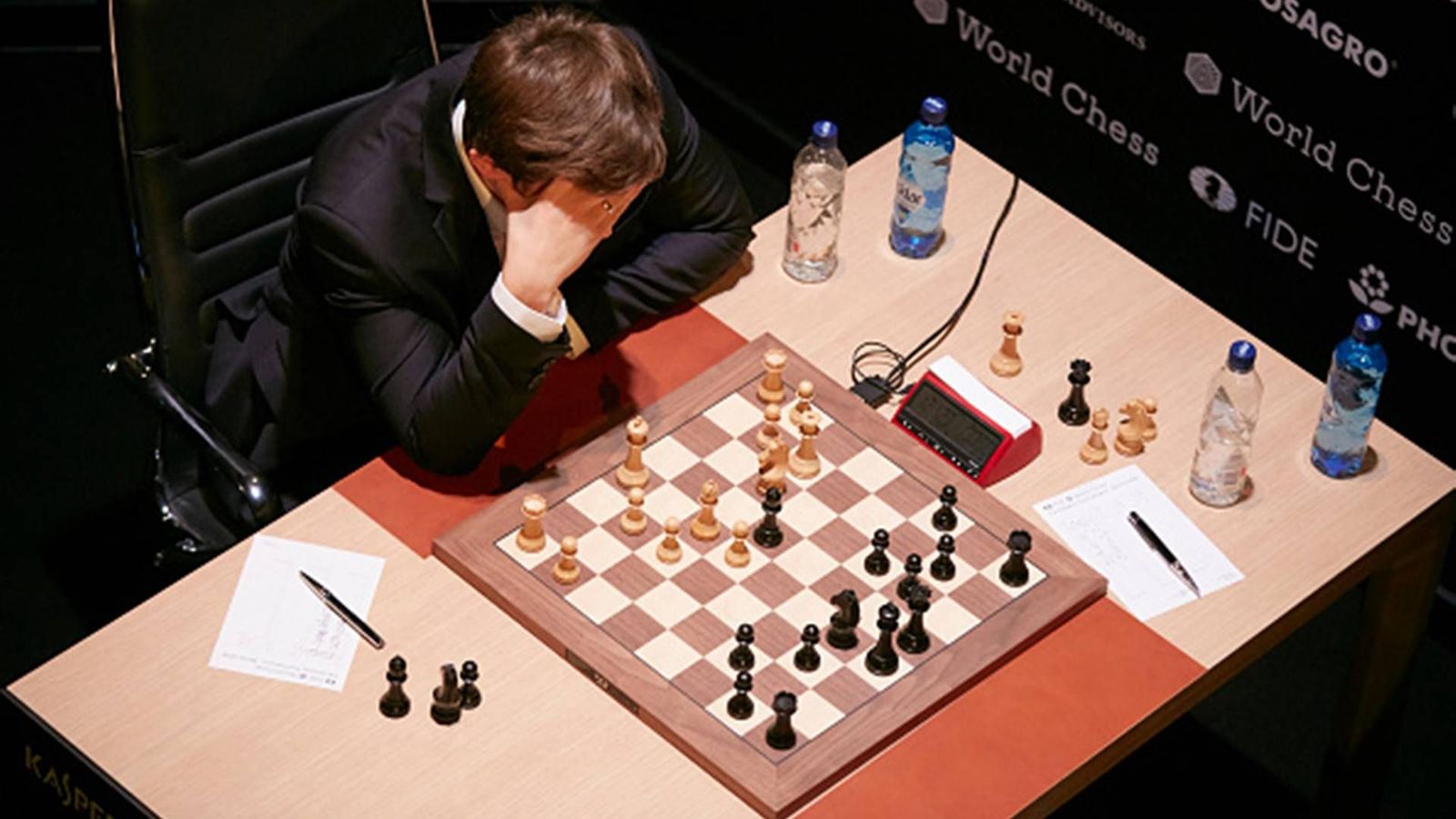The Russia-Ukraine war has seen sporting events and personalities being caught in the crossroads. Daniil Medvedev, Russia’s best Tennis player, has been banned by Wimbledon despite not speaking about the war. Viktoria Azarenka, Belarus’ no.1 Tennis player, will also be banned as Belarus is supporting Russia in the war against Ukraine. Russian F1 driver Nikita Mazepin’s contract was terminated with Haas F1 team. Roman Abramovich and Alisher Usmanov, businessmen involved in the Premier League, have also been sanctioned.
Even Chess has not been spared the volatility of international politics. Recently, Sergey Karjakin, the Russian Chess Grandmaster was banned for six months by FIDE. The reason – His support for Russia in the war against Ukraine. FIDE upheld the ban recently and he has approached CAS (Court of Arbitration for Sport). In all likelihood, the ban will continue. Thus, Karjakin will not be able to participate in the Candidates and challenge for the World Championship.
However, if one takes a closer look at sports and international politics, the two entities are always intertwined. The Olympics are a flashpoint for this. Be it 1936, 1948, 1956, 1968, 1972, 1980, 1984 and 2008, politics and Olympics have always collided. Cricket and Apartheid had a deep connect. In such a situation, it was not surprising to see Chess events and players being caught in international politics.
Boris Spassky – Bobby Fischer Cold War Championships
Perhaps, the height of international politics colliding with sports was 1972. The Cold war had reached to the point of nuclear confrontation. Amidst tense relations between the Soviet Union and the United States of America, there was a chess match which summed the mood of the situation. There were concerns as to whether the challenger from the USA would come for the match. The intrigue, combined with the USSR vs USA situation, created plenty of hype for the match. The match between reigning champion Boris Spassky and American Bobby Fischer was portrayed as the ‘Match of the Century’.
America had not had a world champion in Chess since 1888 while the Soviet Union had a 24-year stranglehold on the world championship. In a spectacular display of chess, Fischer rallied from a loss and forfeit to win 12.5-8.5 and become the first world champion from the US in the 20th century. Fischer went on to establish himself as one of the greatest players in the world.
Boycott of the Chess Olympiad – 1976 Haifa
In 1976, the Chess Olympiad was held in Israel. However, Arab nations, the Soviet Union and the most of the Eastern Bloc countries decided to boycott the event. The situation prior to 1976 had created an atmosphere of hostility towards Israel. In 1973, the Yom Kippur war between Israel and the Arab nations had strained relations. This forced the Arab nations to boycott the Olympiad. But, the Soviet Union and most of the Warsaw Pact countries had not recognised Israel diplomatically.
In response to the Boycott, the Arab Nations played the Against Chess Olympiad Tournament in Tripoli. There were 34 nations who participated, with El Salvador winning the gold.
Codes, Hypnotism and defection in 1978 World Championship
The 1978 Chess World Championship witnessed a strange turn of events. Anatoly Karpov was slated to meet Viktor Korchnoi in Phillippines. Karpov, who was 27 years old at that time, was squaring off against Korchnoi who was 20 years older than him. Interestingly, Korchnoi had defected from the Soviet Union to Switzerland.
The entire World Championship witnessed some bizarre events. There were protests on the kind of flag that would be used. There were accusations of hypnotism from both sides, due to both players having yoga and hypnotic specialists in their team. Korchnoi had used mirror glasses to counter the hypnotism. Even the arrival of Yoghurt for the players was treated with suspicion, as it meant a code for a certain kind of play. In the end, Karpov won the championship 6-5 but these bizarre events sullied the tournament. The defection angle was much more serious while the rest were dismissed as gamesmanship.


